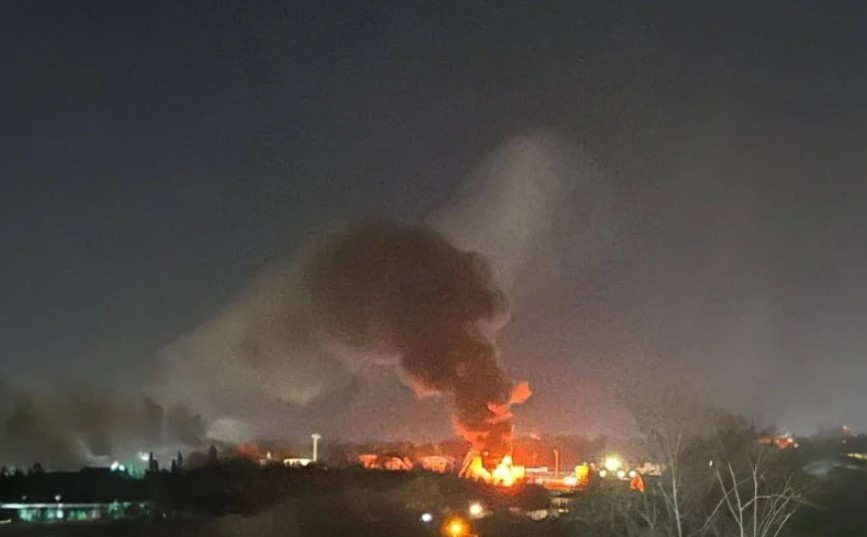Russia forced to import fuel with up to 20% of its refining capacity knocked out

A new report from Oslo-based Arctic Securities estimates today that around 20% of Russia’s refining capacity has been knocked offline with as much as 3m more barrels per day at risk from increasingly daring raids by Ukrainian drones. The 20% estimate is a significant jump from last week’s 15% estimate from NATO and comes as flooding over the weekend took out another Russian refinery.
Kyiv’s strategy to target its enemy’s oil refinery infrastructure has also forced Russia, traditionally a net exporter of gasoline, to tap its neighbours for emergency fuel supplies.
“Recent Russian efforts to import gasoline from Belarus and Kazakhstan indicate that Russia is likely increasingly concerned about the immediate domestic supply of distillate petroleum products following Ukrainian strikes on Russian oil refineries,” the Washington DC-based Institute for the Study of War (ISW) said in a note yesterday.
“As of now, 10 refineries have been struck and estimations suggest total capacity hit YTD is above 1m barrels per day, which represents ~20% of total capacity, with another 3m barrels per day at risk,” Arctic Securities reported in a note to clients, which included a map of the attacks (see below).
For the year as a whole, Arctic is incorporating a 0.25m barrels per day loss from Russian exports.
Russian diesel exports have been around 1.2m barrels per day, equal to approximately 5% of total seaborne volumes, according to Arctic, but the recent increase in cracking spreads suggests that the figure is falling. Consequently, Arctic reported that tankers have been re-routed as supply needs to come from elsewhere, resulting in a stretched fleet.
Recent refinery attacks have all been aimed at inland facilities, but Ukrainian attacks have also hit refineries in Ust-Luga on the Baltic Sea and Tuapse on the Black Sea (see map below).
One of the problems the authorities have found in the wake of all these attacks this year has been sourcing the right spare parts, with much of the replacement kit needed manufactured in the US and Europe, both off-limits thanks to sanctions.
Adding to local fuel supply concerns, Russia’s Orsk oil refinery suspended work on Sunday, after the city’s dam burst on Friday night amid flooding in the surrounding Orenburg region.
Splash reported yesterday in-depth on how sanctions – in tandem with repeated drone strikes – were taking their toll on the Russian oil export machine.





